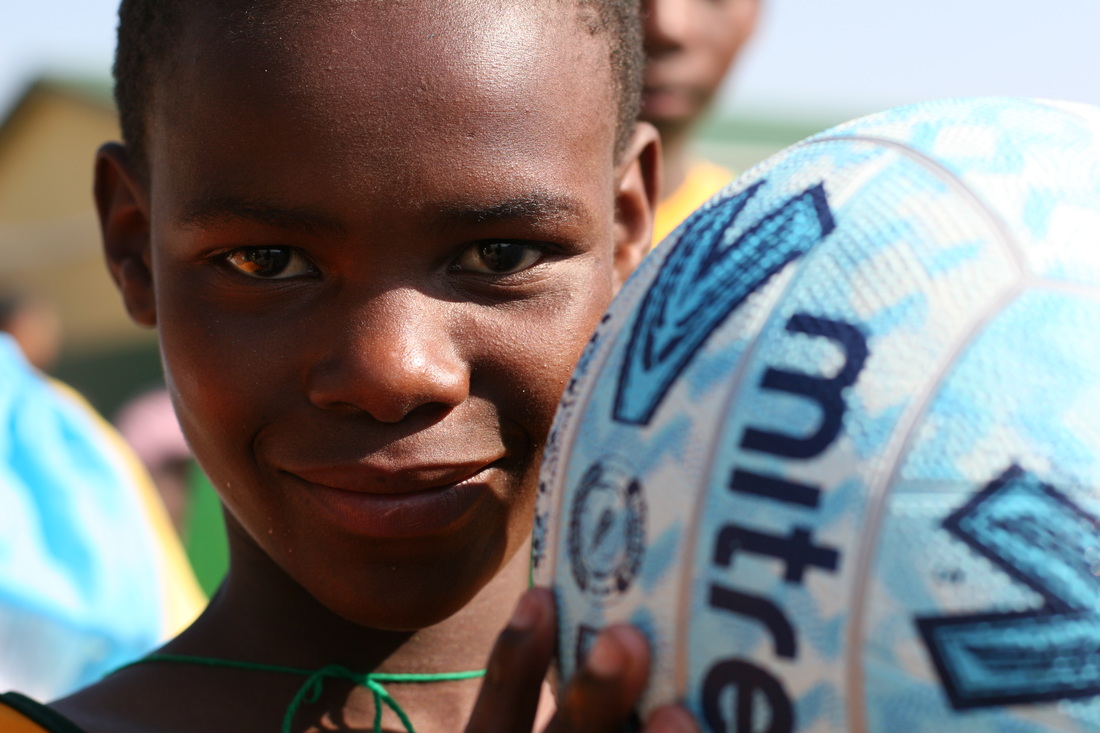
The peace goal of Myanmar
With further outbreaks of violence targeting the Rohingya in Myanmar, you might be excused for thinking that playing football is hardly the top of their agenda. But for the exiled Rohingya in Malaysia, football has become a powerful vehicle to heal, engage with the wider community and rebuild the community in the face of persecution in their home country.
In fact, sports might be a valuable tool to unite an ethnically divided Myanmar. The Rohingya Football Club (RFC) was established in Kuala Lumpur by the Rohingya community to provide a focal point and a diversion from the difficulties of life as refugees.
Since outbreaks of state violence in Rakhine province (the Rohingya know it as Arakan), this ethnic group has seen a gradual withdrawal of its rights as Myanmar citizens. In 2012, the group was targeted by fundamentalist Buddhist elements who sought to rid them from the country. That year, a series of violent incidents occurred, through which the Myanmar government was able to justify raids on Rohingya villages and to give credibility to their subsequent policy of denying the Rohingya basic rights.
In October, the Rohingya were targeted in an outbreak of state-sponsored attacks that credible sources suggest borders on genocide. Already virtually stateless in their country and denied basic state services because they are considered by the Myanmar government to be illegal immigrants, the Rohingya are at risk of being wiped out.
On a municipal football field in downtown KL, all that seems a long way away. The thud of foot on ball bounces off the surrounding houses, laughter and yells of encouragement or admonition rise and fall.
The simple healing power of the game is obvious. The power of football is something our charity has known for a long time. From the slums of Nairobi to a vast rubbish tip village in Phnom Penh, from drought victims in Somalia to refugees in Australia, we’ve been able to use football to break open faces which have seen so much pain and fear, to make lasting smiles. More than that, we’ve seen how football can generate community development and can be used as a tool for peace and reconciliation.
Our Rohingya programme in Malaysia will provide full playing uniforms, transport to games and the establishment of a small sports facility where equipment and coaching can be accessed by Rohingya refugees, especially children.
Phase One of this programme is being funded by the Australian High Commission in Malaysia’s Direct Aid Programme.
Football is simple, cheap and easy to set up and demonstrate. It’s a fun means to generate connections between people. It is an effective vehicle for barriers to be broken down and for relationships to be formed. It short-circuits many of the prejudices and judgments that beset humanity now and throughout history. For the Rohingya in Malaysia, it means that a difficult existence can be eased a little. But, more importantly, over the longer term, it establishes pathways between them and other communities.
Games against Malay, Chinese and Arab teams have been arranged. Other games against local corporations or government departments have been played, too. Recently, the RFC joined a local amateur league in KL.
Our programme is aimed at building resilience and connectedness for the Rohingya in KL. But, I think the concept can go further. Such a programme might be extended into Rakhine, where the troubles are festering. Bringing a football programme to the area and its residents may well offer an excuse for both sides to put aside their differences, to circumvent the politics and find avenues of commonality through participation in a simple game or two of football.
Politically, of course, this is likely to be impossible. Getting clearance from the Myanmar government for such a programme, for instance, is so improbable, it’s a fantasy. But, perhaps working on using football to generate ties between Myanmar’s Buddhist and Muslim inhabitants could somehow be envisioned.
Peace is many things. As has been said before, it is more than the absence of war. Perhaps because of this apparent complexity, peace aid is often made into a difficult goal. It can be complicated by various issues and pressures, over-politicised and tangled in red tape.
But building peace can be quite simple. Such aid can just be about human beings making simple connections and finding ways to use those small links to make something more lasting. Of course, some complexities and complications are unavoidable. But some aid can be, and should be, as simple as some kids playing football, having the space and equipment to do it and knowing they are safe and supported as well.
People generally don’t want trouble. We all just want to be safe and secure, to be fed and sheltered and to have a chance in life. When given an excuse, most of us can almost always find ways to get along.
We humans just need a vehicle. Something like football can be just that, in Myanmar and elsewhere. www.thekickproject.org.au
Story written by James Rose, founder and president of the Australian charity, The Kick Project.
Source: New Straits Times Online